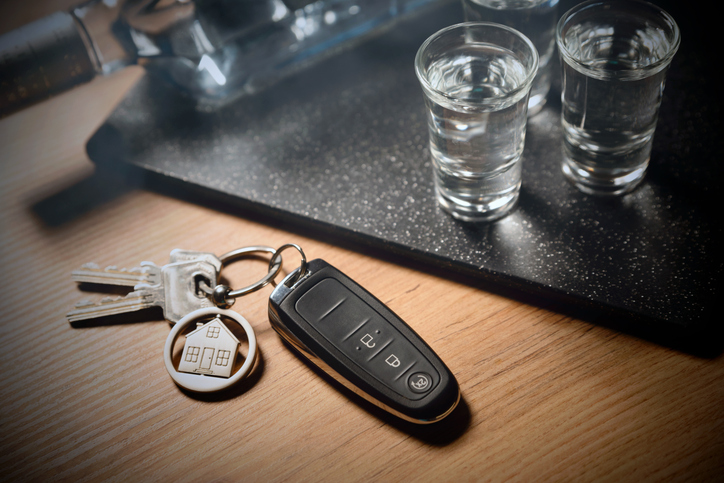
It happens every day in Minnesota. Someone goes out after work, on the weekend, or for a Vikings game. They had a few drinks but not more than they’re used to. They had something to eat so they’re pretty sure that they’re just fine to get behind the wheel.
Put yourself in the situation. You’re careful to check your surroundings, after all, you know the way home like the back of your hand. Then, out of nowhere the red and blue lights appear flashing in the rear-view mirror. Your stomach sinks as your mind races and your mouth, naturally, goes dry. The officer asks where you’ve been and where you’re going. You, of course, mention that you had a drink or two. Before you know it you are under arrest and waiting to be booked.
This situation happens to the best of us. The laws in Minnesota make DWIs easy to charge and difficult to contest. In 2013, 25,719 drivers were arrested for drunk driving. This means that this scene happened 70 times every day during that year. Here is what you need to know if you are fighting your first DWI in the State of Minnesota:
After your first offense you can expect to receive a 90-day suspension of all driving privileges. So long as your blood alcohol content does not exceed .16 you have the option to request an ignition interlock device. This device will prevent your car from starting if it detects alcohol on your breath and you will need to utilize it each time you start your car. Additional penalties are imposed if there is a child in the car at the time of the arrest or if BAC levels exceed .16.
Minnesota is an implied consent state. This means that by operating a motor vehicle within the state the law presumes that the driver has automatically consented to sobriety testing. Refusing to take a sobriety test is a violation of the implied consent laws. Refusal will result in a mandatory one-year suspension of a driver’s license. Limited licenses are available for first time offenders and ignition-interlocking devices can be used in place of the full-year suspension.
There is no required jail time for a first-time offender. However, aggravating factors such as driving while intoxicated with a child in the car or with a BAC of .20 or higher come with a one-year jail sentence. The difference is that the first situation is a misdemeanor while the second is considered a gross misdemeanor.
Yes. Without any aggravating factors a typical DWI will come with a $1,000 fine. Aggravating factors, such as those discussed above, will increase the fine three times bringing the total to $3,000. In addition, these factors will result in forfeiture of the vehicle.
A DWI in Minnesota is not a one-day event. Contesting the DWI, serving time, or going through the court system will take quite a while. The experience can be both frustrating and time-consuming. Having an attorney on your side will make all the difference.